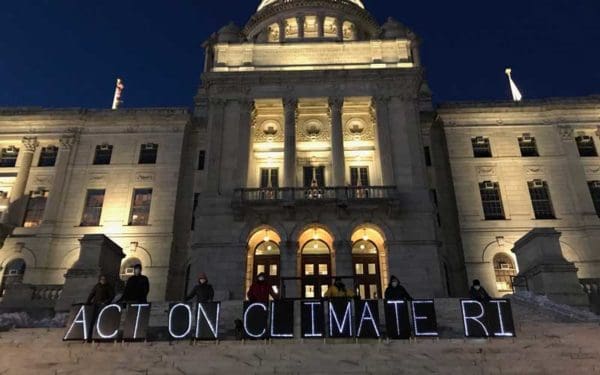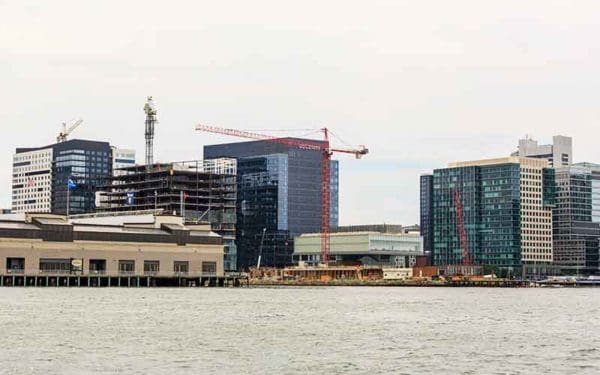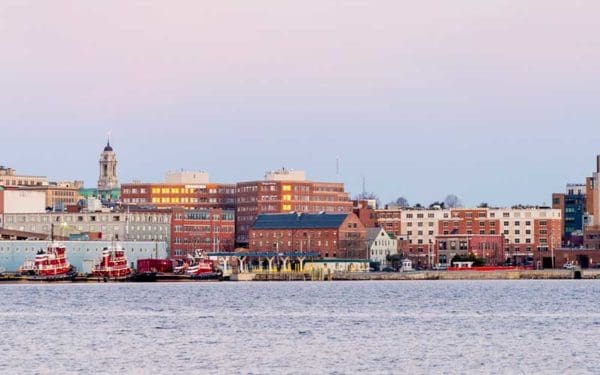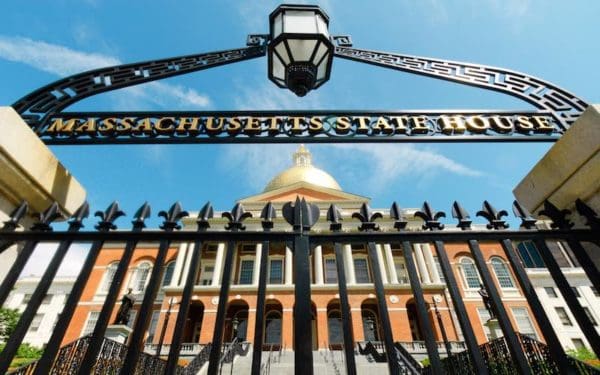What Does It Mean to Reach Net Zero Emissions by 2050?
As nearly every New England state has instituted mandatory cuts to climate-damaging pollution, the term “net zero by 2050” has popped up a lot. What does it even mean?

As nearly every New England state has instituted mandatory cuts to climate-damaging pollution, the term “net zero by 2050” has popped up a lot. What does it even mean?

UPDATE: The Rhode Island legislature passed the Act On Climate 2021 bill, which will put the state on track to lowering its climate-damaging emissions and help Rhode Islanders benefit from the transition to a clean energy economy. After a final review, the bill will go to Governor McKee to sign into law.

Cities with aggressive climate standards are running into roadblocks. Achieving these goals will require strong building energy codes and ending the use of fossil fuels in buildings and homes. We’re starting to see that neither the natural gas utilities nor the real estate industry will sit by quietly as cities and states enforce stronger building codes and ban natural gas infrastructure in new construction.

Maine has finalized its Climate Action Plan. Now, the work to implement the goals outlined in the plan and get Maine on track to slash emissions before 2030, begins.

“Massachusetts needs to commit to significant changes if we’re going to reach the 2050 emissions limits required by law,” said Caitlin Peale Sloan, Interim Director of CLF Massachusetts. “The people who will be affected most by the climate crisis, including Black and Brown communities and low-income households, must be part of the process, and it’s a great step forward that officials plan to do just that. We will be holding our leaders accountable for sticking to the goals laid out in this plan because it’s time to get to work.”
